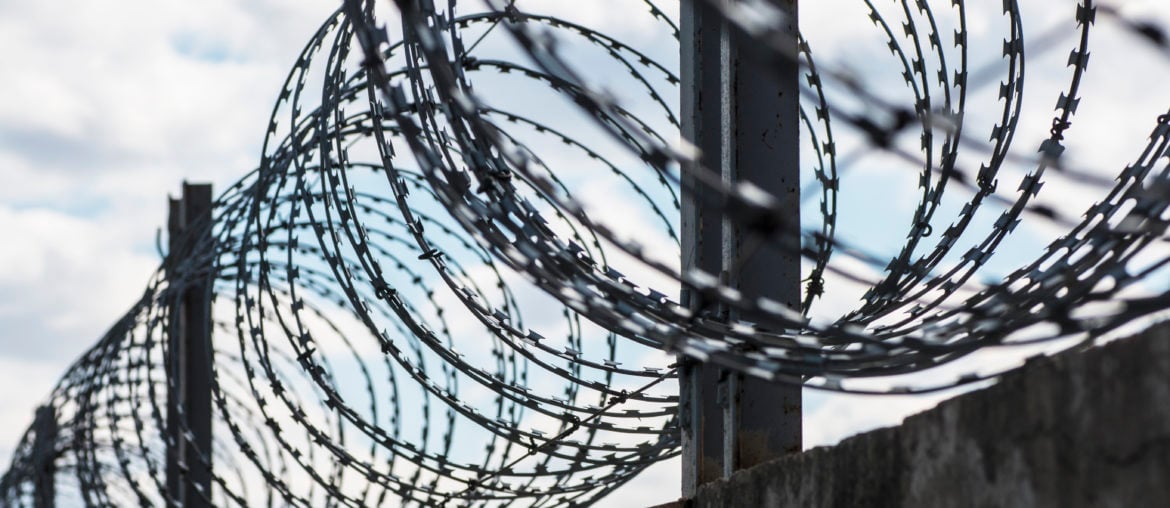On July 17, 2023, the U.S. Securities and Exchange Commission (“SEC”) urged Chinese companies to disclose certain business links they may have to Uyghurs and other Muslim minorities. The companies may face compliance risk and supply chain disruptions if they operate in the Xinjiang region of China or do business with companies that operate in the area known for its Uyghur population, the SEC said in new guidance. The Uyghur Forced Labor Prevention Act (“UFLPA”),…
The compromise version of the Uyghur Forced Labor Prevention Act (HR 6256) (“Act”) was recently passed by both chambers of Congress, and the legislation is now cleared for President Biden’s signature. It is expected that President Biden will sign the legislation into law soon. With strong bipartisan support, earlier versions of this legislation had passed the US House and Senate in the preceding months, and lawmakers reached an agreement that merged versions from each chamber. …
On August 19, 2021, the Federal Communications Commission (“FCC”) published a notice of proposed rulemaking (the “NPRM”) discussing potential changes it is considering making to its equipment authorization and competitive bidding programs to restrict the use of telecommunications and video surveillance equipment and services produced or provided by five Chinese companies. Those changes could further narrow the availability and use of such equipment in the United States, and restrict companies that accept financing from two…
In the recent flurry of US Government activity related to Xinjiang, one thing is clear: trade compliance risks continue to increase for companies with supply chains that involve Xinjiang. These latest actions add to the expanding list of companies that face import bans, export bans, and sometimes both, in addition to broader measures under consideration in Congress. This blog post summarizes the past month’s developments. Companies with Xinjiang anywhere in their supply chains should be…
Introduction The UK, US, and Canadian governments have recently announced a range of new measures in relation to human rights violations alleged to be taking place in Xinjiang, China. The new measures include enhanced due diligence requirements for companies with links to the region in order to identify and remove the use of forced labor from their supply chains. The move further underlines the importance of effective supply-chain risk management for companies with complex global…
On December 2, the US Government announced the latest in a long series of actions responding to allegations of forced labor of Muslim Uyghurs and other ethnic minorities in Xinjiang, China. Specifically, US Customs and Border Protection (“CBP”) issued a Withhold Release Order (“WRO”) dated November 30, 2020 against cotton products made by the Xinjiang Production and Construction Corps (“XPCC”). The WRO was issued based on information that CBP believes reasonably indicates XPCC’s use of…
The US Government continues to implement measures intended to restrict the provision or use of Chinese-origin goods and technology. Notably, on July 14, 2020, three government agencies issued an interim rule (the “Interim Rule”) that implemented changes to the Federal Acquisition Regulations (“FARs”) pursuant to Section 889 of the National Defense Authorization Act of 2019 (the “NDAA”). These changes have the effect of prohibiting not only the provision of “covered telecommunication equipment or services” to…
Note that this post originally appeared on Baker McKenzie’s Sanctions and Export Controls Update blog. On July 1, 2020, the US Department of State, jointly with the US Department of Treasury, the US Department of Commerce, and the US Department of Homeland Security, issued an advisory (the “Advisory”) to caution US businesses about the risks of supply chain links to entities that allegedly engage in human rights abuses including the forced labor of Uyghurs, ethnic…
On March 11, 2020, the Congressional-Executive Commission on China (“CECC”) announced new proposed legislation, the Uyghur Forced Labor Prevention Act, to establish a rebuttable presumption that all labor occurring in Xinjiang, China, or by persons anywhere in China who are involved with the “re-education through labor” program targeting Chinese Turkic Muslims constitutes forced labor within the meaning of the U.S. forced labor import ban, 19 U.S.C. § 1307. The proposed act would also impose sanctions,…
China’s General Administration of Customs (GAC) has announced several facilitation measures aimed at supporting businesses engaged in foreign trade successfully resume production as soon as possible. On February 16, the GAC issued various measures to strengthen, support and ease difficulties faced by businesses, simplify business registration or filing processes, and help small- and medium-sized enterprises face challenges stemming from import/export issues. We outline several key measures: Accelerate inspections. Customs authorities will aim to accelerate inspection…







